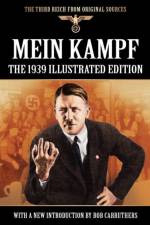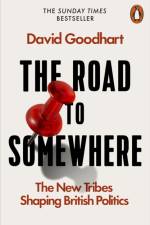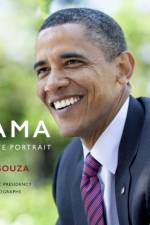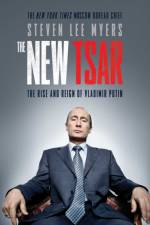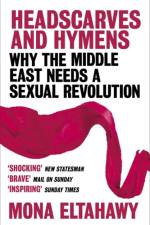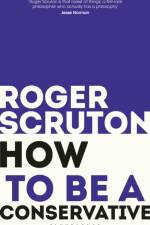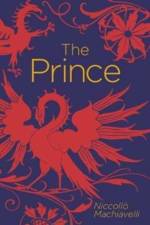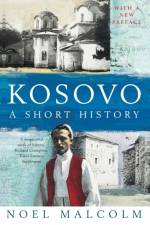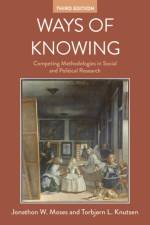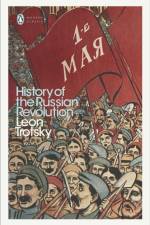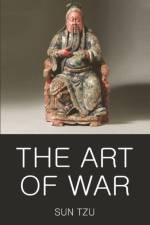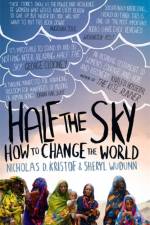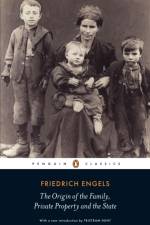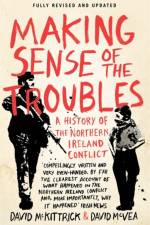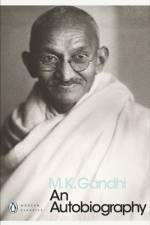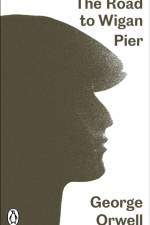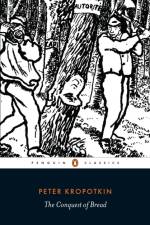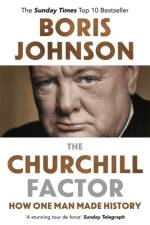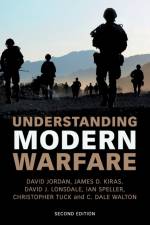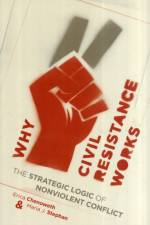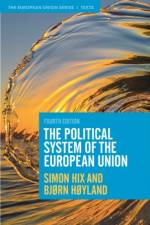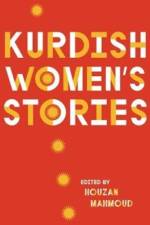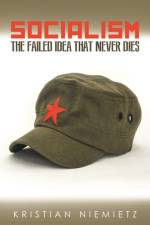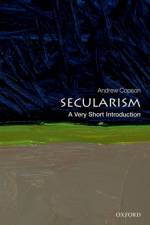- A History of the FBI
av Tim Weiner
201
The epic, disturbing story of how the FBI is America's real secret service'Such creatures of passion, disloyalty, and anarchy must be crushed out. The hand of our power should close over them at once' President Woodrow Wilson, 1919The United States is a country founded on the ideals of democracy and freedom, yet throughout the last century it has used secret and lawless methods to destroy its enemies. The Federal Bureau of Investigation is the most powerful of these forces. Following his award-winning history of the C.I.A., Legacy of Ashes, Tim Weiner has now written the first full history of the F.B.I. as a secret intellligence service. Drawn entirely from firsthand materials in the F.B.I.'s own files, Enemies brilliantly brings to life the entire story, from the cracking of anarchist cells to the prosecution of the 'war on terror'. It is the story of America's war against spies, subversives and saboteurs - and the self-inflicted wounds American democracy suffered in battle.Throughout the book lies the long shadow of J. Edgar Hoover, who ran the F.B.I. with an iron fist for forty-eight years. He was not a monster, but a brilliant confidence man who ruled by fear, force, and fraud. His power shaped America; his legacy haunts it.Reviews:'Truly impressive ... [Enemies] could have been put together only by a journalist of Weiner's stature' Keith Lowe, Sunday Telegraph'A history that moves at the pace of a James Ellroy novel. But Weiner's truth is wilder even than Ellroy's fiction. Weiner sets the record straight on the FBI's first 100 years using only the Bureau's documents and oral testimony, most of which has never been seen' David Blackburn, Spectator'An outstanding piece of work, even-handed, exhaustively researched, smoothly written and thematically timely ... This is certainly the most complete book we are likely to see about the F.B.I.'s intelligence-gathering operations, from Emma Goldman to Osama bin Laden' Bryan Burrough, New York Times'Extensively researched, admirably understated, yet terrifically entertaining' Boston Globe'Important and disturbing ... Weiner lays bare a record of embarrassing, even stunning failure, in which the bureau's lawlessness was matched only by its incompetence ... [he] has done prodigious research, yet tells this depressing story with all the verve and coherence of a good spy thriller' New York Times Book ReviewAbout the author:Tim Weiner is a Pulitzer Prize-winning journalist at the New York Times, where he has reported from Afghanistan, Pakistan, Sudan and fifteen other nations. He was based for a decade in Washington, DC, where he covered the C.I.A. and the Military - the latter topic being the subject of his Blank Check: The Pentagon's Black Budget. He is the author of the bestselling Legacy of Ashes: The History of the CIA, which won the 2007 National Book Award for Non-Fiction.

